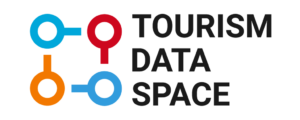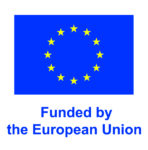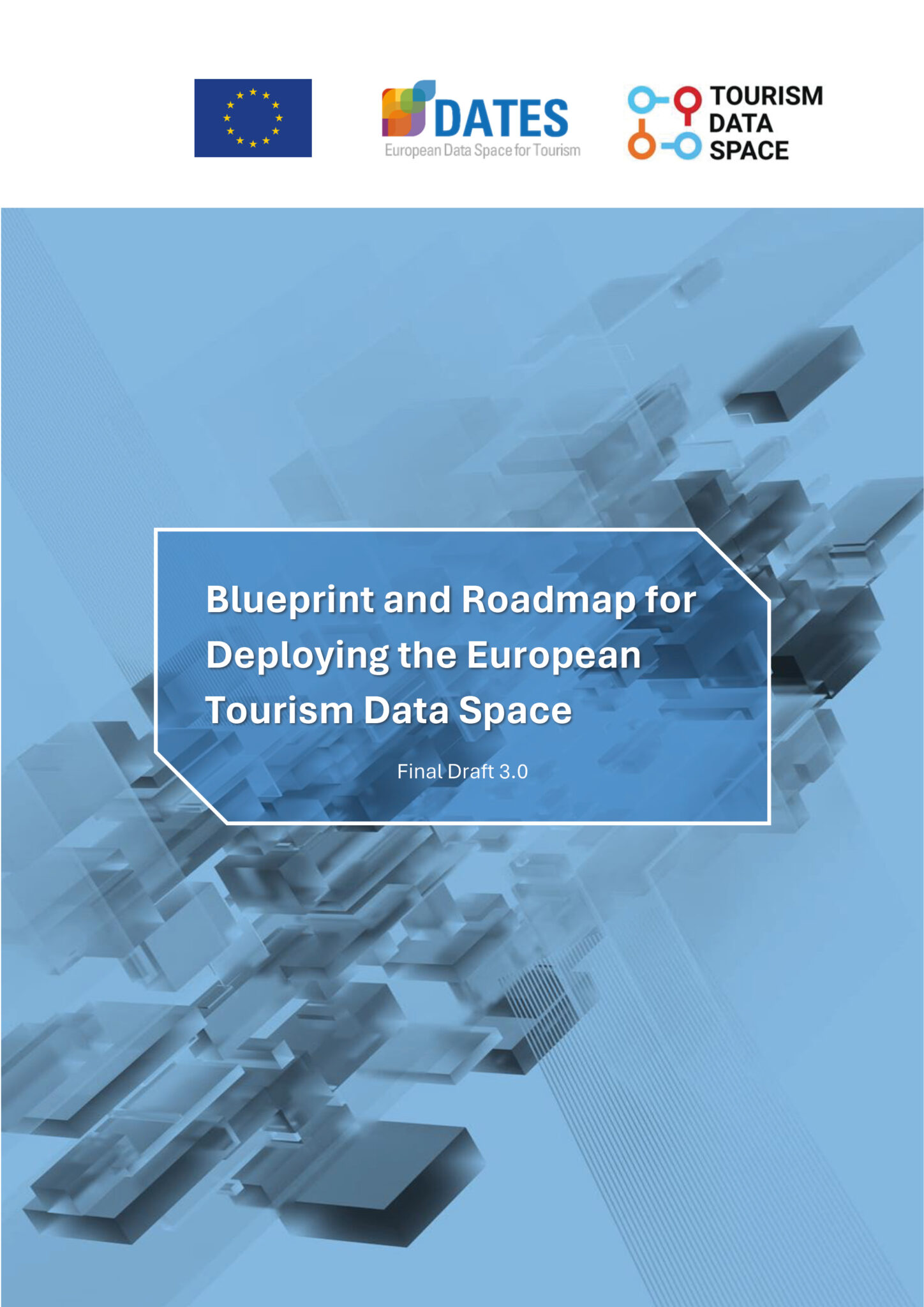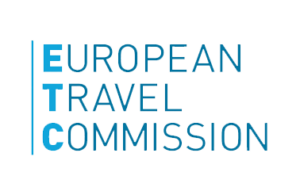Data Space for Tourism
Preparatory Actions
Nowadays, data is everywhere, generated from diverse sources at unimaginable speed. However, it is often fragmented, in different formats, and difficult to access. To harness the full potential of data, the European Commission has outlined the European Data Strategy, envisaging a single market where data flows across sectors within the EU for the benefit of society.
The Data Space for Tourism is one part of this marketplace that shall enable all sector stakeholder groups (e.g., SMEs, governmental agencies, technology firms, and tourism entities at the national, regional, and local scales of operation) to share and access the data they require when they need it.
About the Initiative
A consortium of four trusted tourism parties with different fields of expertise had been established to set out the foundation of this secure data space. These are the European Travel Commission, City Destinations Alliance, Modul University and ForwardKeys.
The consortium will follow a bottom-up approach, which builds a “culture of data sharing” among stakeholder groups, thus ensuring that the Data Space for Tourism is a sustainable solution, mirroring the diversity of needs within the European tourism sector.
Purpose

To lay the foundations of a secure data space for tourism, the preparatory actions shall attain four milestones:
- Create and analyse the tourism data inventory of existing data platforms and repositories relevant to tourism stakeholders.
- Establish sustainable, multi-stakeholder governance mechanisms and data-sharing business models.
- Provide a set of technical specifications for the interoperability of the Data Space for Tourism with the European Data Spaces Technical Framework
- Detail the Data Space for Tourism blueprint and provide the roadmap for its deployment in line with national initiatives and the European Data Strategy
Expected outcomes:
- The deployment of the Data Space for Tourism will substantially increase productivity, sustainability, innovation, and upskilling within the European tourism sector.
- The shared data space can be an excellent tool for combating the economic decline caused by the COVID-19 pandemic and increasing the industry’s resilience in uncertain times.
- The Data Space for Tourism could become a model for other sectors and lead to the eventual single market for data that increases the competitiveness of the EU and the overall quality of life for its citizens.
- The deployment of the Data Space for Tourism will support the long-term policy objectives of the European Green Deal. Priority will be given to technical solutions that are environmentally friendly and energy-efficient, such as cloud-to-edge systems. Furthermore, the Data Space for Tourism will enable the attainment of Green Deal sustainability goals through distance monitoring of environmental indicators (e.g., air and water pollution).
For any questions related to the project, please contact dsft@modul.ac.at
The project is funded by the European Union.

IMPORTANT: In parallel to the four organisations mentioned above, another consortium of partners works on the same initiative. More information can be found on this page. The two consortiums will cooperate to create the best possible blueprint for Data Space for Tourism.
Updates
During November 2022 – November 2023, the consortium conducted online questionnaires and in-person workshops, the outcomes of which informed the design of the Data Space for Tourism. Participation in the initiative ensured that the voice of many organisations was taken into account in the process of creating the blueprint for the Data Space for Tourism.
Early 2024, the DSFT and DATES released the Blueprint & Roadmap for Deploying the European Tourism Data Space.
Partnering Organisations
City Destinations Alliance is a non-profit organisation improving the competitiveness and performance of the leading cities of Europe. CityDNA provides a platform for Leisure, Meetings Industry and City Marketing professionals to exchange knowledge, and best practices and widen their network to inspire, co-develop and promote a sustainable visitor economy for each member city.
The European Travel Commission represents the national tourism organisations of Europe. Established in 1948, ETC’s mission is to strengthen the sustainable development of Europe as a tourist destination and to promote Europe in third markets. Its 35-member tourism boards work together to build the value of tourism for all the diverse European destinations through cooperation in sharing best practice, market intelligence and promotion.
ForwardKeys is a leading data provider for the tourism industry which brings in technical expertise and knowledge in data analytics and information systems. FK is in partnership with numerous data holders and additionally provides immediate and direct access to the Information and Communication Technology (ICT) stakeholders to information such as insights relevant to shared tourism data space.
Modul University Vienna is an international university for business and economics, with a strong research focus on international management, service-related industries, tourism, sustainability, data science, and the design of information systems. MU has a long tradition in tourism research utilizing advanced qualitative and quantitative methodologies and has established the TourMIS system, where all European national tourism organisations input data and exchanging knowledge.




